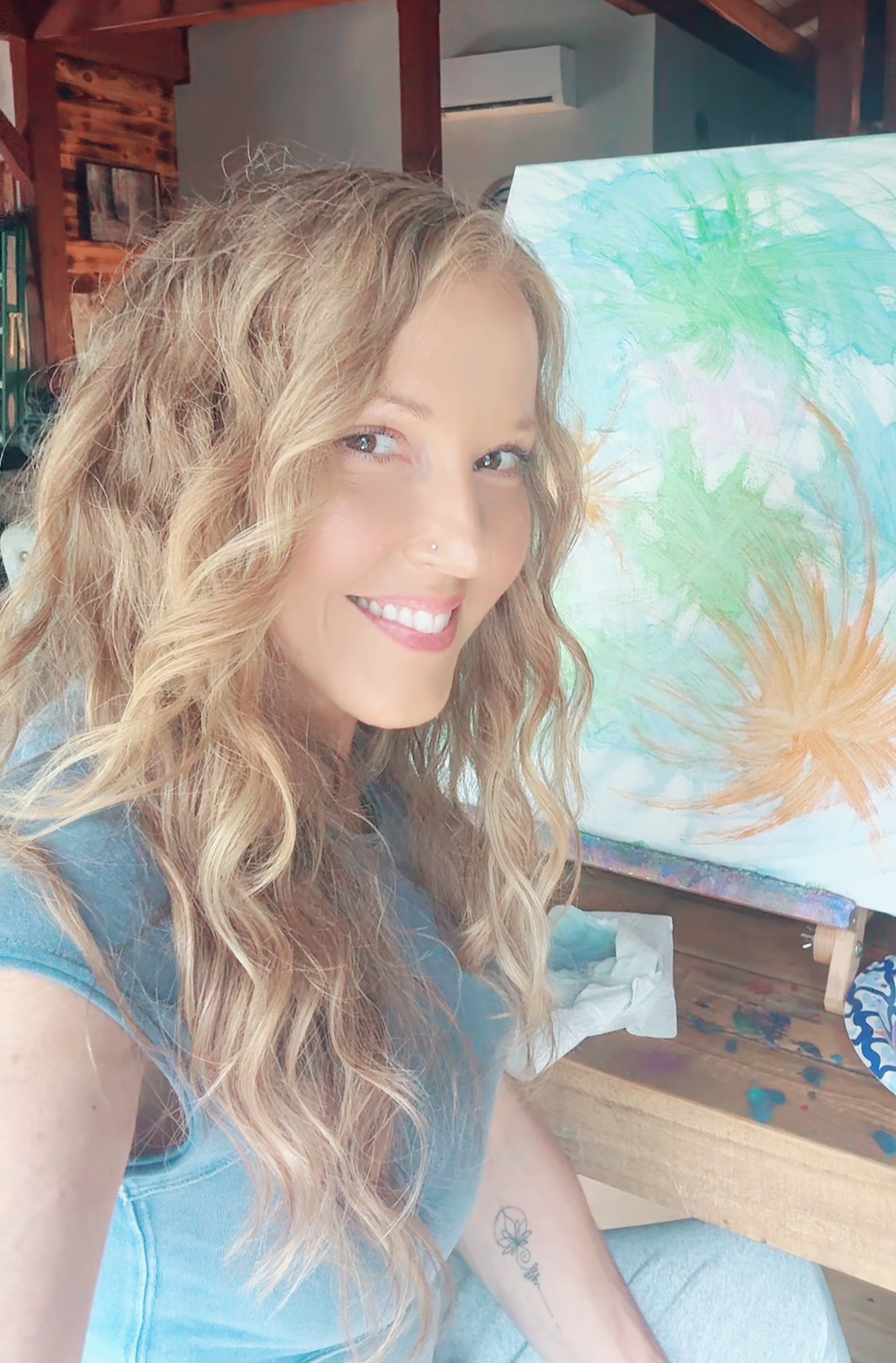
Supporting Veterans in Overcoming PTSD Challenges
- Sarah Townsend
- Nov 11, 2025
- 3 min read
The journey through trauma is often silent. It is a path marked by shadows and echoes. For many veterans, the battle does not end when they leave the battlefield. Post-Traumatic Stress Disorder (PTSD) can linger, a quiet storm within. But there is hope. There is help. Together, we can light the way forward.
Understanding the Weight of PTSD on Veterans
PTSD is not just a diagnosis. It is a lived experience. Veterans carry memories that can feel like heavy chains. Nightmares, flashbacks, anxiety, and isolation become daily companions. These symptoms are not signs of weakness. They are the mind’s way of trying to protect itself from overwhelming pain.
Imagine walking through a dense fog where every sound is amplified, every shadow a threat. This is the reality for many veterans. The invisible wounds can be as debilitating as physical injuries. Recognizing this is the first step toward healing.
What PTSD Feels Like
Sudden panic attacks triggered by loud noises or crowded places
Difficulty sleeping or constant nightmares
Emotional numbness or feeling detached from loved ones
Hypervigilance, always on edge, unable to relax
Avoidance of reminders of trauma, including people, places, or conversations
These symptoms can disrupt daily life, making it hard to work, socialize, or even enjoy simple pleasures. But healing is possible.

veterans PTSD assistance: Practical Steps Toward Recovery
Healing from PTSD is not a straight line. It requires patience, support, and practical tools. Here are some ways to support veterans on this journey:
1. Encourage Professional Help
Therapy is a cornerstone of recovery. Cognitive Behavioral Therapy (CBT), Eye Movement Desensitization and Reprocessing (EMDR), and exposure therapy have proven effective. Encourage veterans to seek licensed mental health professionals who specialize in trauma.
2. Build a Supportive Community
Isolation feeds PTSD. Connection heals. Support groups, peer mentoring, and community activities create safe spaces. Veterans can share their stories without judgment and find strength in shared experiences.
3. Promote Healthy Lifestyle Choices
Physical health impacts mental health. Regular exercise, balanced nutrition, and sufficient sleep can reduce symptoms. Mindfulness practices like yoga and meditation help calm the nervous system.
4. Use Life Coaching for Holistic Support
Life coaching offers personalized guidance. It helps veterans set goals, develop coping strategies, and rebuild confidence. The Willow Way Foundation provides specialized veterans ptsd support through compassionate coaching tailored to individual needs.
5. Educate Families and Caregivers
Families are vital allies. Understanding PTSD helps them provide empathy and patience. Workshops and resources can equip loved ones with tools to support recovery without enabling harmful behaviors.
The Role of Community in Healing
Healing is not a solo mission. It is a collective effort. Communities can become gardens where veterans grow resilience and hope. Local organizations, faith groups, and volunteer networks all play a part.
Imagine a circle of hands reaching out, steady and warm. This is the power of community. It offers belonging and purpose. Volunteering, attending events, or simply checking in can make a profound difference.

Embracing Hope and Renewal
Recovery from PTSD is a journey of rediscovery. It is about reclaiming life’s colors after a long winter. Each small victory - a peaceful night’s sleep, a smile shared, a fear faced - is a step toward renewal.
I invite you to imagine a sunrise after a storm. The sky brightens, the air clears, and the world feels new again. This is the promise of healing. It is within reach.
The Willow Way Foundation stands ready to walk alongside veterans and their families. Through accessible life coaching and community resources, we foster resilience and empowerment. Together, we can transform hardship into strength.
Taking the First Step Forward
If you or someone you know is struggling with PTSD, remember this - you are not alone. Help is available. Healing is possible. Reach out. Connect. Take that first step.
The path may be challenging, but it is also filled with light. With support, understanding, and care, veterans can overcome PTSD and embrace a future full of hope.
Let us be the bridge from pain to peace. Let us stand together in support and solidarity.



Comments